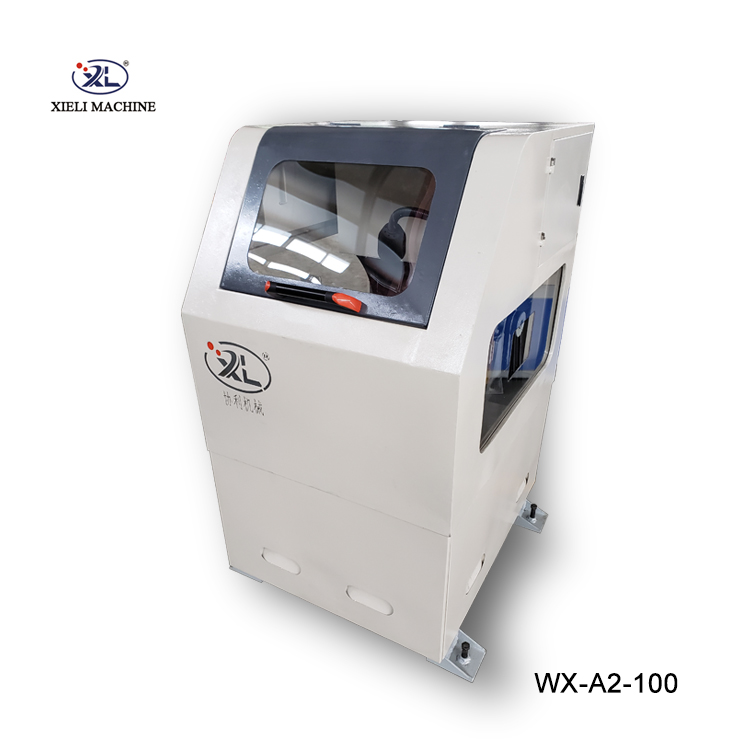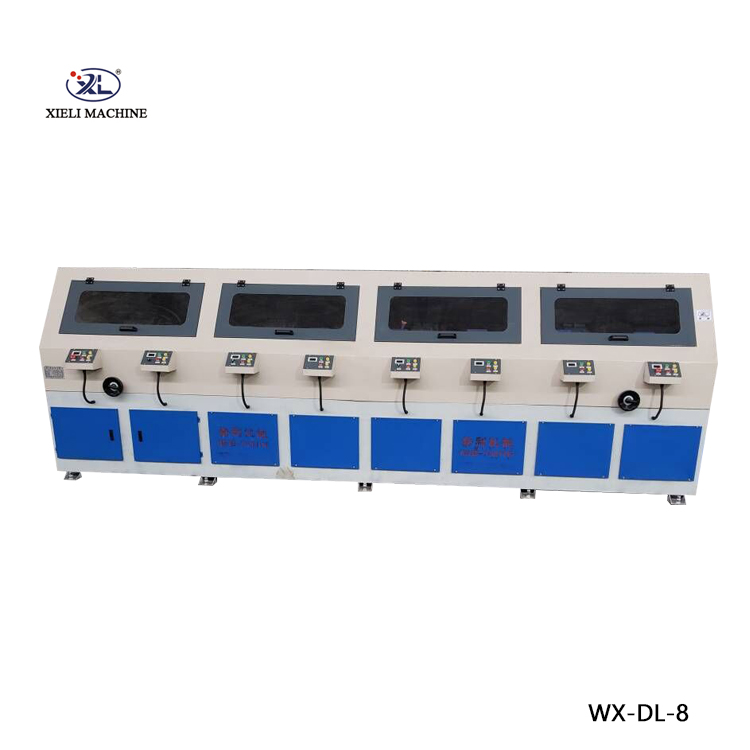The Significance of Flat Surface Polishing Machines in Modern Manufacturing
In today's fast-paced manufacturing environment, precision and quality are paramount. One of the critical processes that contribute to achieving these standards is surface finishing, particularly through flat surface polishing. Flat surface polishing machines play a vital role in various industries, ensuring that components meet specific requirements for smoothness and reflectiveness. This article explores the importance, functionality, and advancements in flat surface polishing machines.
Understanding Flat Surface Polishing
Flat surface polishing refers to the process of smoothing and finishing the surfaces of materials, primarily metals, glass, and ceramics, to achieve a high degree of flatness and gloss. This process is essential for enhancing the aesthetic appeal, functionality, and performance of components used in a wide array of applications, from automotive parts to electronic devices.
Flat surface polishing machines are specifically designed to handle this task with precision. They employ various techniques, including mechanical polishing, chemical polishing, and abrasive polishing, to achieve desired surface qualities. The choice of method often depends on the material being processed and the desired finish.
Key Components of Flat Surface Polishing Machines
A typical flat surface polishing machine consists of several key components that work together to achieve optimal results
1. Polishing Plate The heart of the machine, which holds the abrasive materials used for polishing. This plate rotates or oscillates to facilitate effective contact with the surface being polished.
2. Work Table This component securely holds the workpiece in place during the polishing process, ensuring consistency and accuracy.
3. Control System Modern polishing machines come equipped with digital control systems that allow operators to adjust parameters such as speed, pressure, and time, ensuring customized polishing for different materials and applications.
flat surface polishing machine

Advantages of Flat Surface Polishing Machines
The integration of flat surface polishing machines into manufacturing processes offers numerous advantages
- Enhanced Precision With advanced control systems, these machines provide a level of precision that is often unattainable through manual polishing methods. This precision is crucial for industries where tight tolerances are required.
- Improved Surface Quality Flat surface polishing machines are designed to produce not only smooth surfaces but also mirror-like finishes, which can be vital for components used in optics or decorative applications.
- Increased Efficiency Automated polishing reduces lead times and increases throughput, enabling manufacturers to meet the demands of high-volume production with consistent quality.
- Reduced Labor Costs By automating the polishing process, manufacturers can reduce the reliance on skilled labor while still achieving high standards of finish.
Advancements in Technology
The evolution of technology has significantly impacted the flat surface polishing industry. The introduction of computer numerical control (CNC) systems has revolutionized the way polishing machines operate. CNC systems allow for greater automation and accuracy, enabling machines to perform complex polishing tasks with minimal human intervention.
Additionally, advancements in abrasive materials, such as diamond and ceramic-based abrasives, have improved the effectiveness and longevity of polishing processes. These innovations have opened new possibilities for polishing a wider range of materials and achieving superior finishes.
Conclusion
In conclusion, flat surface polishing machines are indispensable tools in modern manufacturing, contributing significantly to product quality and efficiency. As technology continues to evolve, these machines are becoming even more sophisticated, allowing for higher precision and better surface finishes. As industries continue to demand higher standards and faster production rates, the role of flat surface polishing machines will only become more critical, ensuring that manufacturers can meet the challenges of the future with confidence. Investing in advanced polishing technology will undoubtedly benefit companies striving for excellence in their manufacturing processes.





